Ensuring the safety of your home’s electrical system is essential for protecting your family and property. Following electrical safety tips can help prevent hazards like electrical fires and shocks. Regular maintenance and smart practices can significantly reduce risks. In case of emergencies, knowing when to call a residential emergency electrician can make all the difference in resolving critical issues quickly. In this blog, we’ll guide you through essential safety tips to keep your home’s electrical system safe and secure.
1. Regularly Inspect Your Electrical System
Routine inspection of your electrical system is crucial for identifying potential hazards before they become major problems. Over time, wiring and electrical components can wear out or become damaged, posing a significant risk. It’s important to check for signs of damage such as:
- Frayed or exposed wires
- Burn marks or scorch marks around outlets or switches
- Loose or damaged outlets
- Flickering lights or circuit breakers that trip frequently
If you notice any of these warning signs, it’s important to contact Electricians Service Team for a licensed electrician to assess and repair the system immediately.
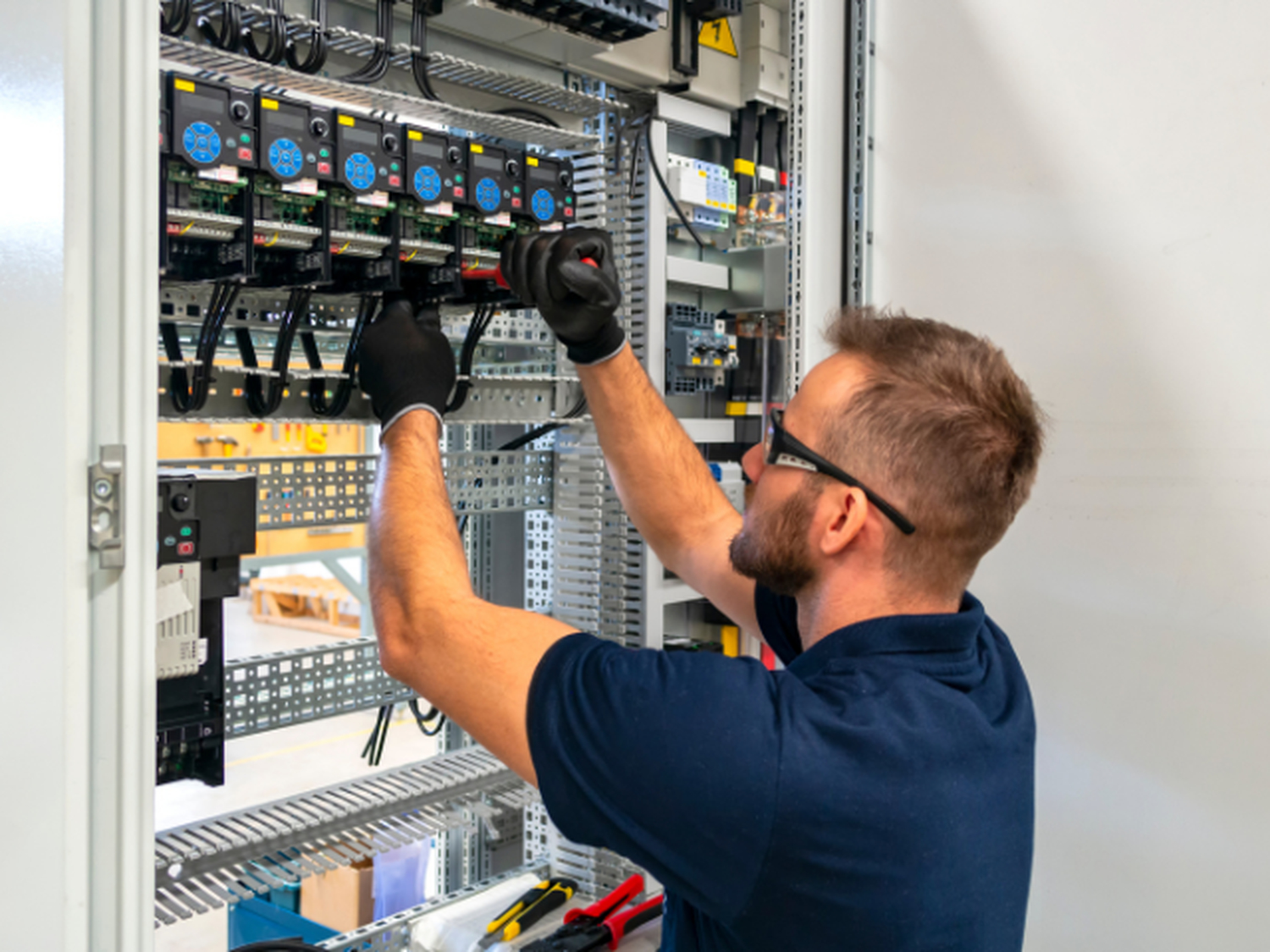
2. Hire a Professional for Electrical Repairs
Electrical work is not a DIY project. Attempting to repair or install electrical systems yourself can be extremely dangerous and could cause more harm than good. Always hire a licensed electrician for any electrical repair, installation, or upgrade work. Professional electricians have the necessary expertise, tools, and knowledge to handle electrical systems safely.

Why Hire a Professional?
- Expertise and training: Electricians are trained to identify and resolve potential issues that could go unnoticed by untrained eyes.
- Safety: Professionals follow strict safety protocols to ensure that all electrical work meets the required codes and standards.
- Long-term reliability: Proper installation and repairs by a licensed electrician ensure the longevity and reliability of your electrical system.
3. Install Smoke and Carbon Monoxide Detectors
Smoke and carbon monoxide detectors are essential safety devices that should be installed in every home. Electrical issues, such as overheating wires or faulty appliances, can lead to fires, and a malfunctioning electrical system can release harmful carbon monoxide. By installing detectors, you increase your home’s safety by providing early warnings in case of fire or gas buildup.
- Place smoke detectors in key areas such as the kitchen, hallways, and bedrooms.
- Install carbon monoxide detectors near sleeping areas and gas-powered appliances.
- Make sure to check these devices regularly to ensure they are working and change the batteries at least once a year.
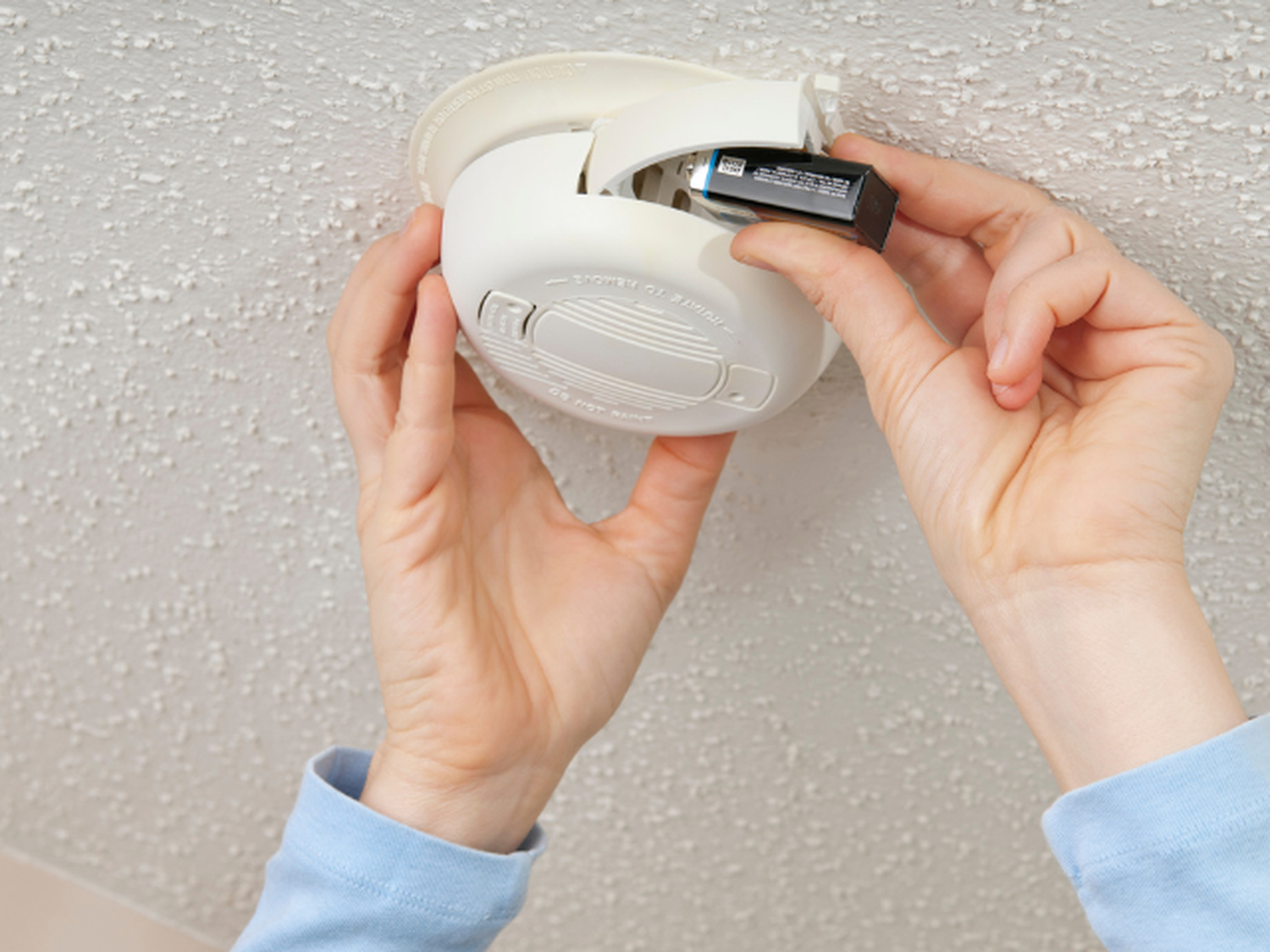
4. Keep Electrical Appliances Away from Water
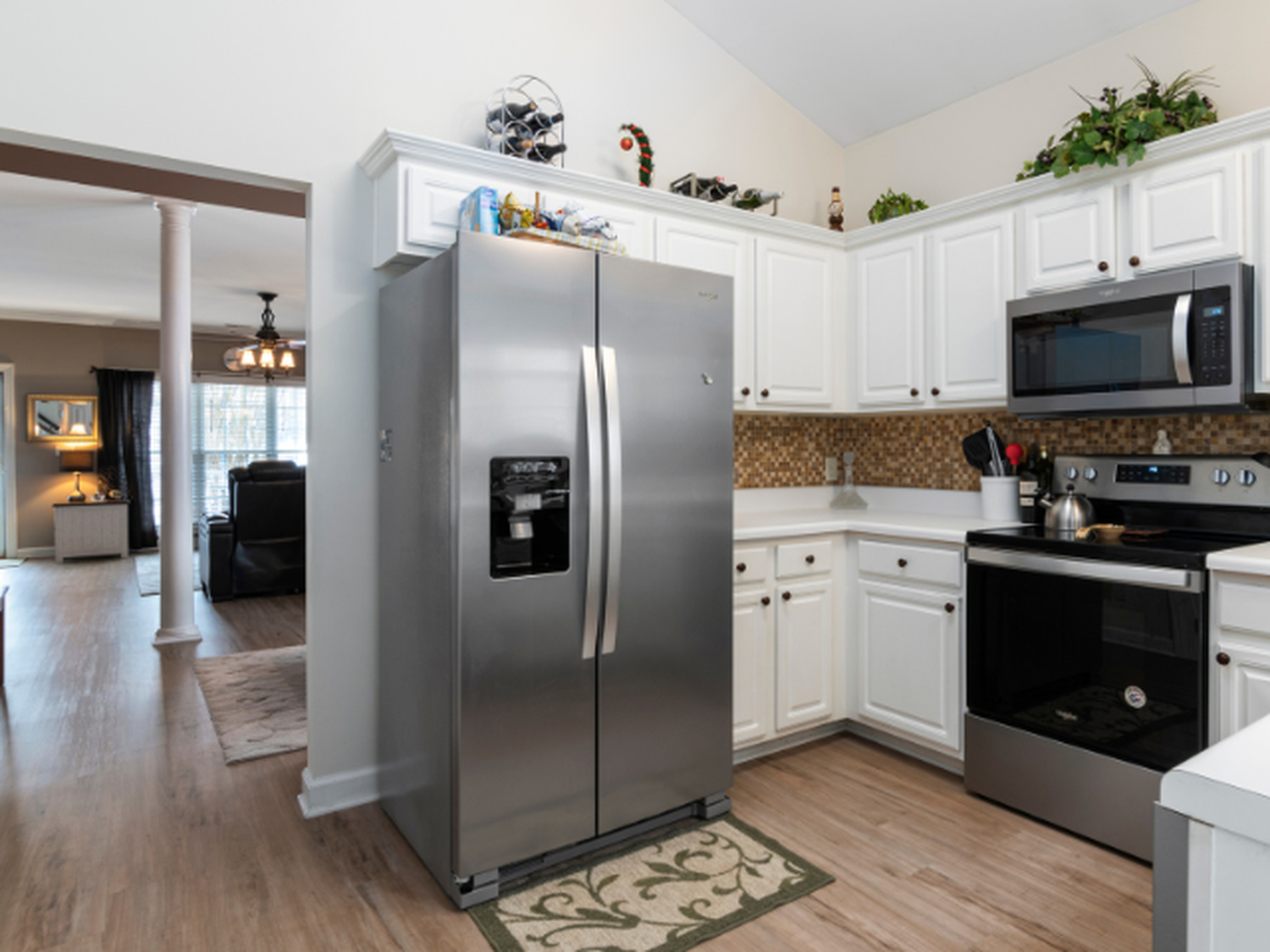
Water and electricity are a dangerous combination. One of the most common causes of electrical accidents in homes is the contact between water and electrical appliances. Always keep electrical appliances away from sinks, bathtubs, or any area where water is present. Never touch electrical appliances with wet hands, and avoid plugging in or unplugging devices with wet hands.
Additionally, make sure your electrical outlets are not exposed to water. If you notice any water damage or moisture near outlets, consult a certified electrician to assess the situation and make necessary repairs.
5. Use Appliances Properly and Maintain Them Regularly
Electrical appliances are designed to make our lives easier, but improper use or lack of maintenance can lead to accidents. Always follow the manufacturer’s instructions when using appliances and maintain them regularly. Here are some tips:
- Unplug appliances when not in use to prevent overheating and reduce the risk of fire.
- Check for wear and tear on power cords, plugs, and cables, and replace damaged cords immediately.
- Avoid overloading outlets by plugging in too many devices at once. Overloading can cause circuits to overheat, leading to potential fires.
Regularly inspect your home’s electrical appliances to ensure they are in good working condition. If an appliance is malfunctioning or showing signs of damage, stop using it and call for professional appliance repair.
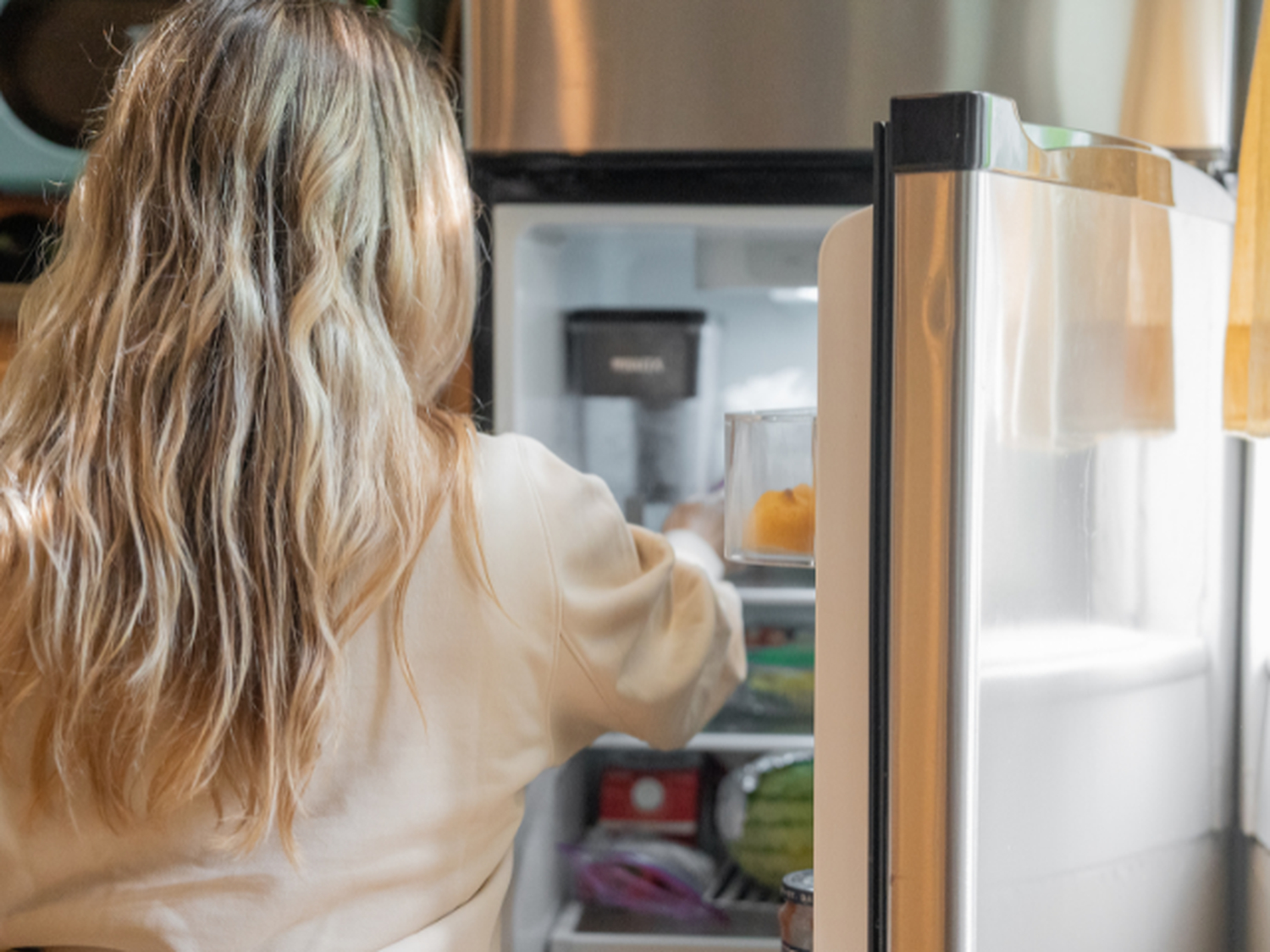
6. Upgrade Outdated Wiring and Electrical Panels
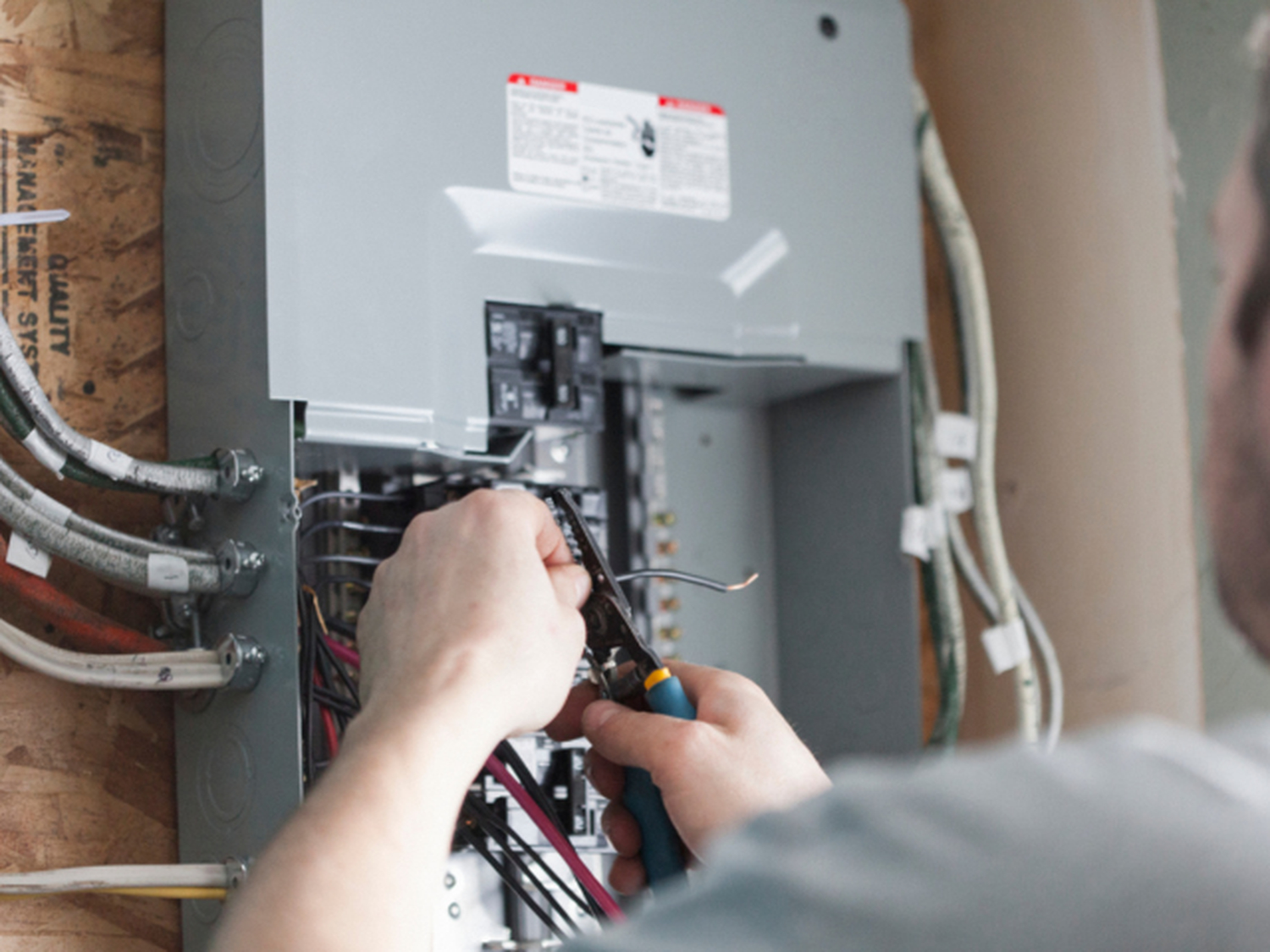
If your home is older, it may have outdated wiring or an older electrical panel that cannot support modern electrical loads. Outdated systems are more prone to malfunctions, which can lead to electrical fires. Common issues with old electrical systems include:
- Knob-and-tube wiring which is less efficient and more susceptible to overheating.
- Fuses instead of circuit breakers which offer less protection.
- Underpowered electrical panels that cannot handle the increased demand from modern appliances and devices.
If you live in an older home, it’s essential to have your electrical system inspected and upgraded if necessary. A licensed electrician can help you with wiring services and install a modern electric panel to improve your home’s safety.
7. Avoid Overloading Circuits
Overloading electrical circuits is one of the most common causes of electrical fires in homes. Each circuit is designed to handle a specific amount of electrical load, and when too many devices are plugged into a single outlet or circuit, it can cause the wires to overheat. Overloading can damage your electrical system and increase the risk of fires.
To avoid overloading circuits:
- Distribute electrical devices evenly across different outlets.
- Use power strips with built-in circuit breakers to prevent overloading.
- Turn off high-wattage appliances when they are not in use to reduce the load on circuits.
If you find that you’re consistently overloading circuits, it might be time to upgrade your home’s electrical system to accommodate your electrical needs.
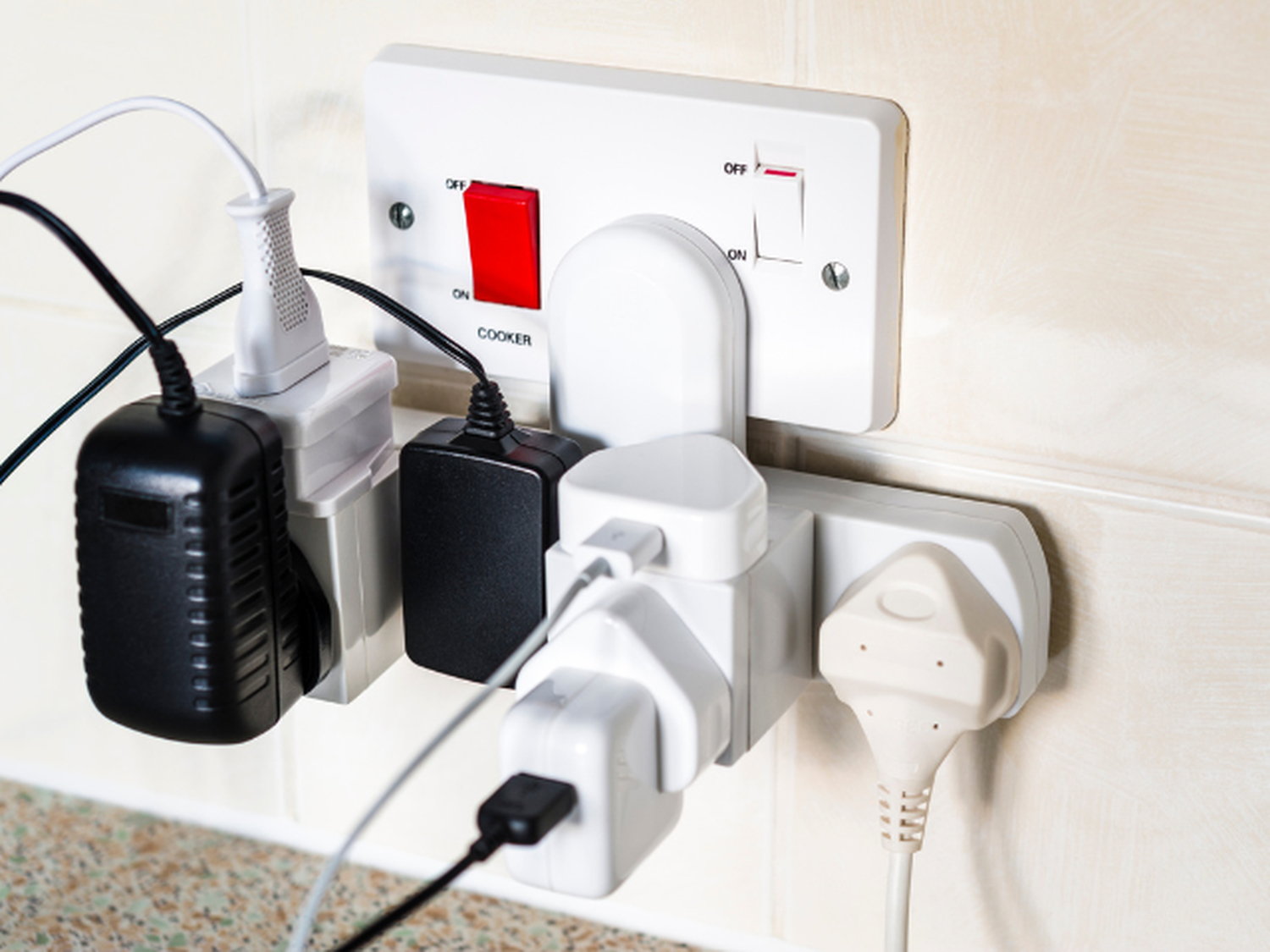
8. Childproof Your Home’s Electrical Outlets
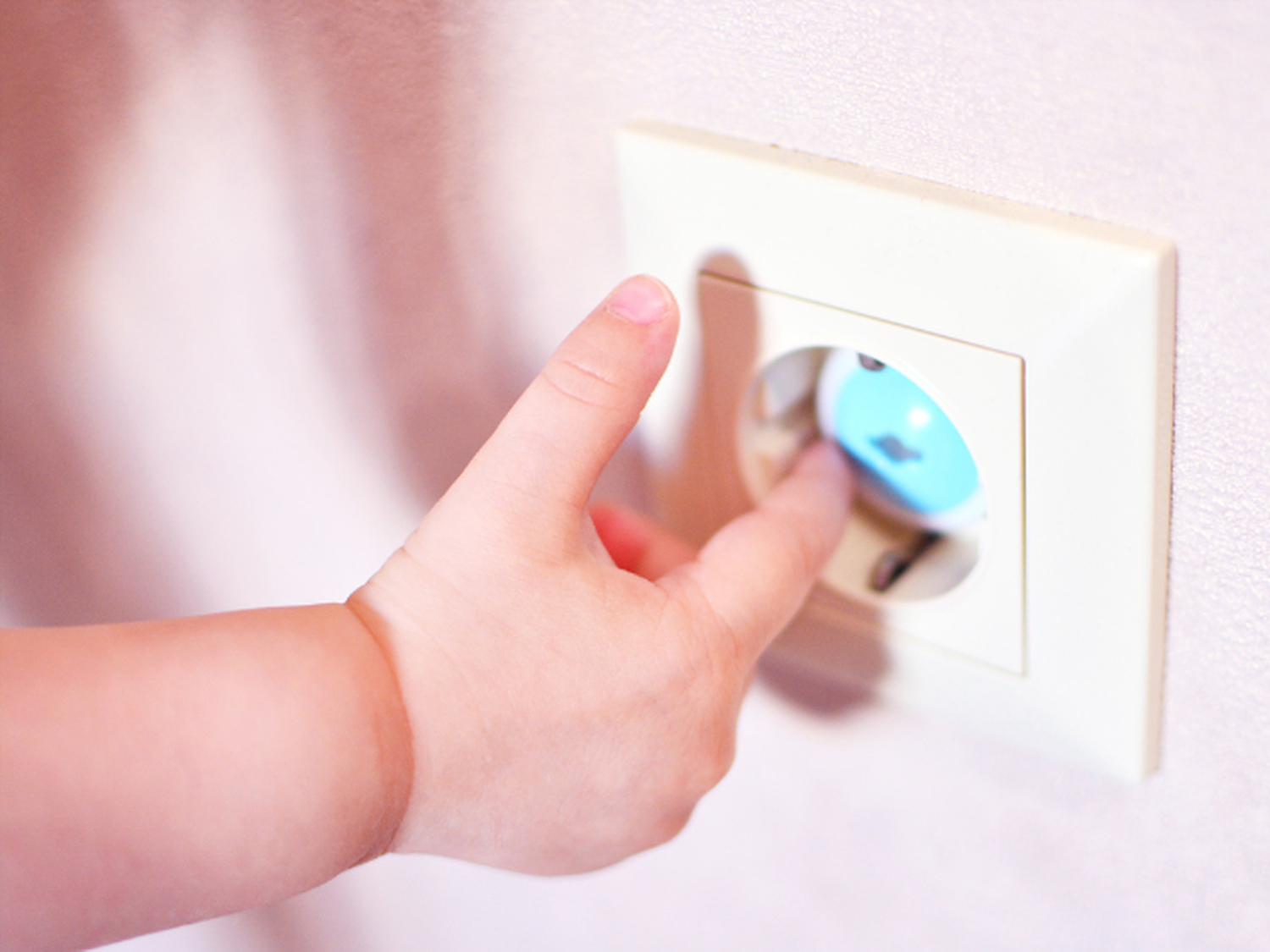
For homes with young children, electrical outlets pose a significant safety risk. Curious children may stick objects into outlets, which can lead to electrocution. To keep your little ones safe, childproof your electrical outlets by using outlet covers or tamper-resistant outlets.
- Outlet covers: These are easy to install and provide a simple yet effective barrier to keep children from inserting objects into outlets.
- Tamper-resistant outlets: These outlets automatically close when not in use, preventing children from inserting anything into the socket.
Childproofing your electrical outlets is one of the most important steps you can take to ensure electrical safety in homes with young children.
9. Be Mindful of Extension Cords
Extension cords are convenient for providing extra reach for electrical devices, but they can also be hazardous if not used properly. Overusing extension cords or relying on them as a permanent solution can increase the risk of electrical accidents. Here’s how to use extension cords safely:
- Use only UL-approved extension cords that are designed for your specific electrical needs.
- Avoid running extension cords under rugs or furniture where they can overheat and cause a fire.
- Unplug extension cords when not in use and avoid daisy-chaining multiple cords together.
If you need to use extension cords frequently, consider hiring an electrician from Electricians Service Team to install additional outlets or circuits in your home to reduce your reliance on extension cords.
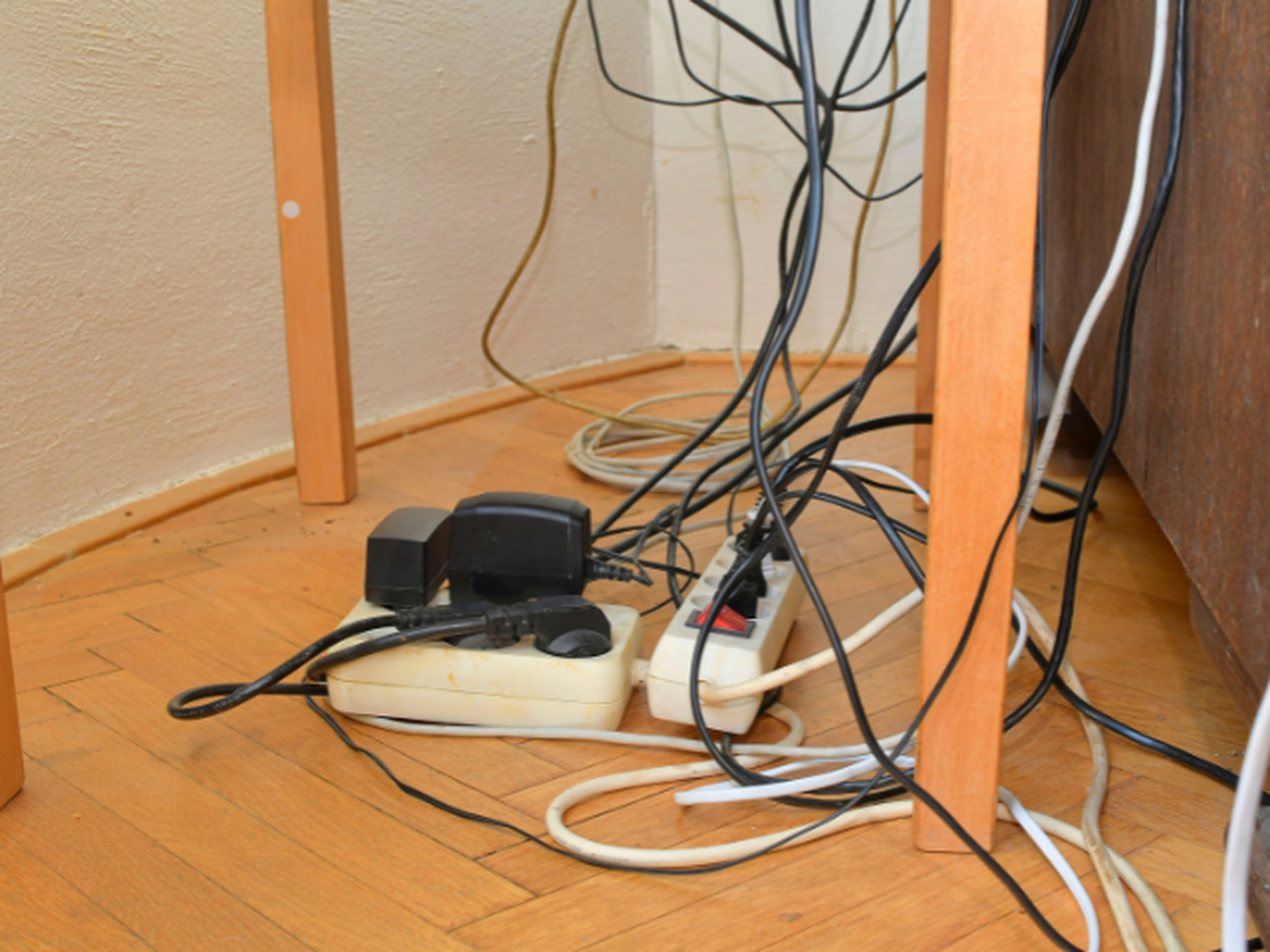
10. Educate Your Family About Electrical Safety

Education is key to preventing electrical accidents in the home. Make sure that all members of your household are aware of the dangers of electricity and the importance of following electrical safety practices. Teach children about the dangers of electrical outlets and ensure that everyone knows what to do in case of an electrical emergency.
- Hold regular family discussions on electrical safety.
- Know how to shut off the power in case of an emergency by locating your home’s circuit breaker panel and understanding how to turn off individual circuits.
By educating your family about electrical safety, you can ensure that everyone is on the same page and prepared to handle any electrical emergency.
By following these electrical safety tips, you can significantly reduce the risk of accidents and ensure your home remains safe for your family. Regular inspections, hiring professional electricians for electrical repair service, and upgrading outdated systems like your electric panel upgrade are essential steps to take. In case of an emergency, always know when to call for 24/7 emergency electrical repair. Prioritize safety and maintenance to keep your electrical system running efficiently and securely, safeguarding your home from potential hazards.
FAQs
Common signs include flickering lights, frequently tripped circuit breakers, and outlets that feel warm to the touch. If you notice these issues, it’s important to contact a licensed electrician to assess and address the problem immediately.
It’s recommended to inspect your electrical system at least once a year or whenever you notice unusual signs like buzzing sounds or burnt smells. Regular inspections by a professional can help identify potential hazards early.
No, electrical repairs should always be handled by a licensed electrician. DIY electrical work can be dangerous, leading to injuries or worsening the issue, and may not meet safety codes.
You can use outlet covers or install tamper-resistant outlets to protect children from electrical hazards. These solutions prevent kids from inserting objects into outlets and are simple yet effective safety measures.
Older panels may not handle the demands of modern appliances and can become a fire hazard. Upgrading your panel ensures your home’s electrical system runs efficiently and safely.





